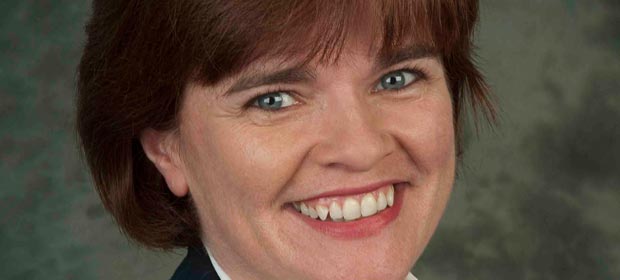Lucy Nugent writes about the foundation and objectives of the first dedicated international group to represent healthcare managers.
In many countries around the world, local associations have been created by the healthcare managers for sharing knowledge, information and expertise. In some countries, these associations have a formal mandate to represent the profession, while in other countries they exist as ad hoc groups without regulatory or legal authority. While major differences exist in the contexts in which healthcare managers operate around the world, all have a common responsibility to enhance the leadership and managerial capacity and capability of their membership as well as to promote the profession they represent.

Undoubtedly, the performance of any healthcare organisation is linked not only to the standard of clinical care but also to the level of competency of its core executive team or “management” as a phrase all too commonly used in Irish healthcare! However, this core team of healthcare managers is not fully recognised internationally as being part of a ‘profession’. A foundation for formal education and recognition of this field of practice does exist in some countries, for example you cannot be a manager of a public hospital in France unless you are a graduate of the Ecole Sante in Rennes, but this is the exception rather than the rule.
The performance of any healthcare organisation is linked not only to the standard of clinical care but also to the level of competency of its core executive team or “management.”
Currently at the international level, there is no dedicated international organisation representing health care managers. In January of 2013 the International Hospital Federation (IHF) invited several healthcare management organisations to a 2 day workshop in Washington to ascertain whether is was possible to develop a specific interest group of the IHF functioning as a network of healthcare managers’ associations from around the world. From this initial meeting the International Hospital Federation Global Healthcare Managers’ Consortium (IHF-GHMC) was formed. Initial members include:
- Pan American Health Organisation (PAHO)
- American College of Healthcare Executives (ACHE)
- European Association of Hospital Managers (EAHM) represented by HMI
- Jamaica Association of Health Service Executives (JAHSE)
- Taiwan College of Healthcare Executives
- Canadian College of Health Leaders
- Australasian College of Health Service Management
- Management Sciences for Health (MSH)
The IHF-GHMC has agreed the following major themes:
- Supporting the international recognition of the health care managers’ profession
- Developing an international competency framework
- Sharing tools and approaches supporting health care managers to perform their job effectively and efficiently
- Increasing visibility of the profession in the international arena
- Working on projects in response to members’ shared interests and concerns
- Developing a programme for supporting candidate organisations
The first project of this consortium is to develop an international competency framework (which can be used for the recognition of healthcare management as a profession) using core leadership and managerial competencies. As such, a competency framework that defines the knowledge, skills and competencies required for health managers to competently perform their jobs is urgently needed in Ireland to fill the gap left with the dissolution of the Office of Health Management .
The framework
A review of a selection of competency tools currently in use was undertaken and discussion took place regarding tools such as the ACHE, MSH, Canadian LEADS and the Australian LEADS (adapted from the Canadian framework) and NHS frameworks. Agreement was reached on the core competencies in the following priority:
- Leadership
- Professional and Social Responsibility
- Knowledge of Health and the Healthcare Environment
- Communications and Relationship Management
- Business Skills and Knowledge
It is recognised that there may be a need to define and potentially expand the competency framework for each country but a core subset is to be agreed. A draft competency directory has been compiled and sent to subject matter experts internationally (including academics) for feedback, which is due for completion in early 2014. Following this, the IHF-GMC will meet in early 2014 to agree the roll out of the competency framework.
If you are interested in learning more about the IHF-GMC please contact lucy.nugent@cuh.ie

